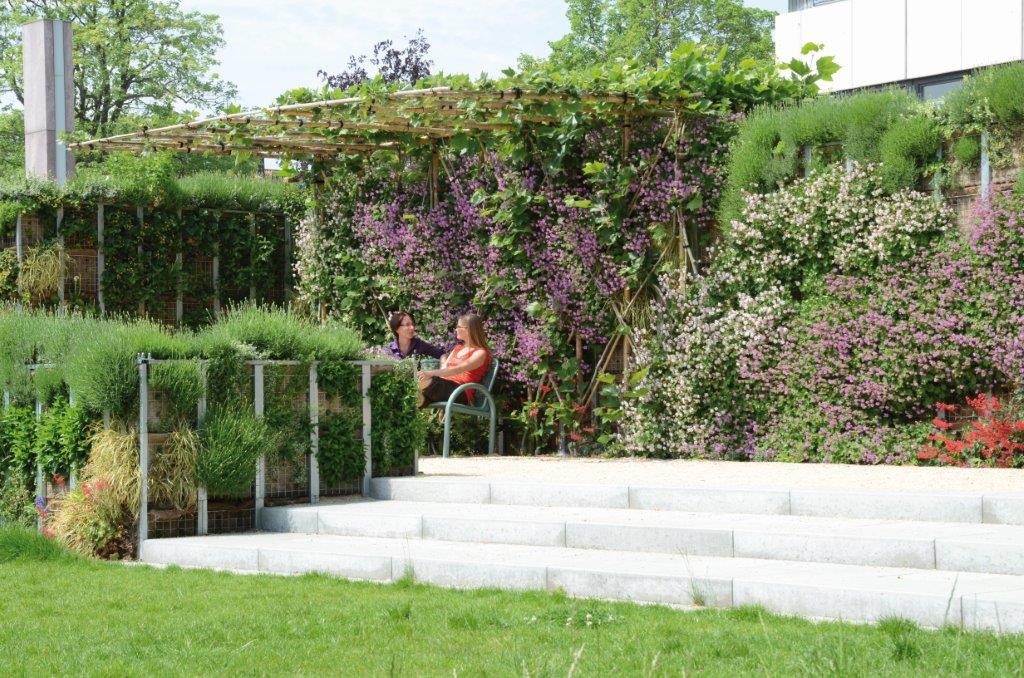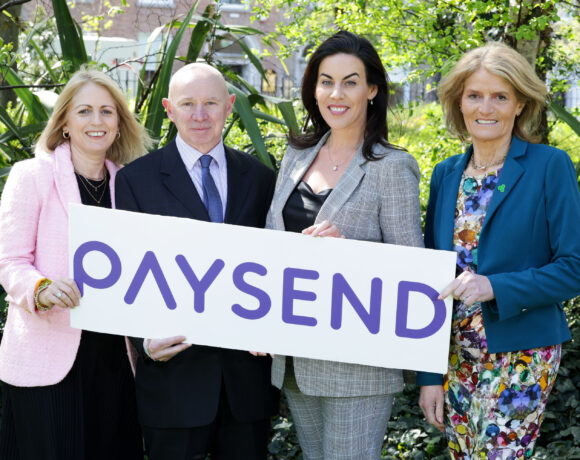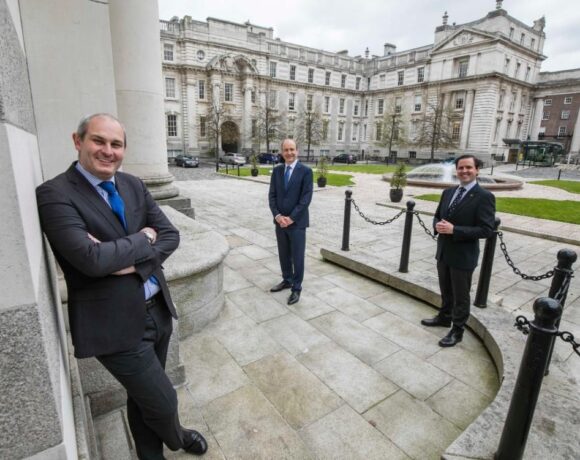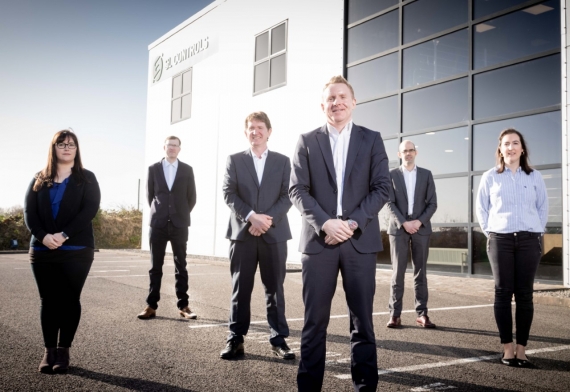Trinity College Dublin is to lead a €12m EU project to transform European cities into smart cities with an emphasis on nature.
Major cities are becoming increasingly difficult places to live, with high rates of pollution and limited amenities posing problems as cities struggle to keep pace with expanding populations.
However, a new €12m EU research project led by a team from Trinity College Dublin (TCD) is looking to help stem the effects of pollution by transforming cities into places with nature at their heart.
The ‘Connecting Nature’ project will see 37 organisations from 19 countries collaborate on the project, with the aim of establishing Europe as a global leader in rethinking how 21st Century cities can support and benefit from nature.
A total of 11 European cities will invest in the large-scale implementation of nature-based solutions, an initiative designed to bring more nature to cities, landscapes and seascapes.
Such solutions are believed to offer the best hope of tackling many of the greatest challenges, particularly rapid urbanisation and its damage to the ecosystem.
To help remedy this, the TCD team and international partners will focus on how cities could include urban woodlands, wetlands, extensive roof gardens, green walls and green corridors, lined by trees and plants that support wildlife.
The team will also examine the possibility of creating networks of gardens and allotments that boost urban food production; parks for recreation; and temporary, floodable habitats that reduce the danger posed by flash floods.
The cities will also measure the impact of their approach, and share their experiences on a global scale.
Heading up the project is Assistant Professor in Botany in the School of Natural Sciences at Trinity, Dr Marcus Collier.
He said: “Connecting Nature will attempt to achieve what no other Horizon 2020 project has before. It will co-create city-wide masterplans to scale out nature-based solutions and generate funding for them. This is not just about building climate resilience – it is about transforming cities for future generations.”













